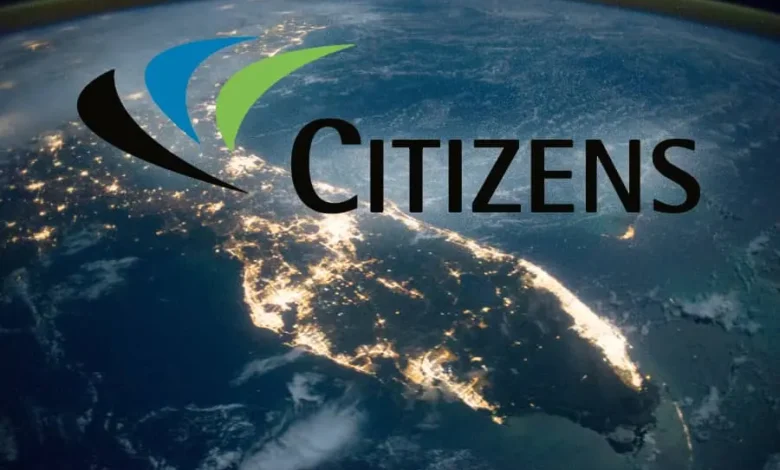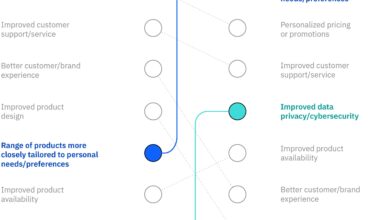Quota shares could help Florida Citizens get to Zero: Former Senator Brandes

According to Former Florida Senator Jeff Brandes, the implementation of a quota share model could effectively phase out Florida’s Citizens Property Insurance Corporation as an insurer, and transform the firm into a manager and distributor of risk, achieving the goal of “Citizen Zero.”
According to Brandes, this expansion has raised concerns surrounding the financial risk that Florida taxpayers face when the next major hurricane strikes.
“If Citizens runs out of money after a catastrophic storm, all Floridians with home, auto, or business insurance could face assessments to cover the losses,” Brandes explained.
He continued: “The system is broken, and delaying reform only increases costs and risks.
“For years, policymakers have attempted to shrink Citizens through “takeouts,” where private insurers selectively assume policies. But this process is too slow and limited. While cherry-picking the best risks has been helpful in removing policies, it generally leaves Citizens with the riskiest policies. We need a structured transition that incentivizes insurers to assume Citizens’ policies to reach “Citizens Zero.”
As mentioned, one particular solution that Brandes suggests is the implementation of a quota share model, which is a commonly used risk sharing strategy in global reinsurance markets, that could shift risk to private insurers while stabilising Florida’s fragile insurance system.
Implemented correctly, this model can phase out Citizens as an insurer and transform it into a manager and distributor of risk, achieving the goal of Citizen Zero, Brandes comments imply.
On the other hand, Brandes notes that Florida’s efforts to reduce reliance on Citizens Property Insurance through takeout programs have failed to meaningfully shrink its highest-risk exposure.
The challenges stem from a range of factors, including high-risk coastal properties that remain uninsurable under private market standards, skyrocketing reinsurance costs that make it difficult for insurers to absorb more Florida policies, and market instability, with insurers frequently entering and exiting the state’s takeout system, which is ultimately making one-time policy transfers an unreliable long-term solution.
Importantly, Brandes highlights that Citizens remains dominant in high-risk areas, due to the company offering below-market rates subsidized by taxpayers.
“As long as homeowners can obtain cheaper coverage through Citizens, private insurers will struggle to compete, perpetuating the cycle,” he added.
Instead of relying on slow and selective policy takeouts, Brandes notes that Florida could instead implement a quota share model to shift risk to private insurers in a structured and sustainable way.
Under this proposed approach, Citizens and private insurers would share premiums and claims responsibility at a fixed percentage, ensuring a gradual transition of risk.
At the same time, private insurers would handle underwriting, claims processing, and customer service, while Citizens would receive capital cost payments and a share of premiums, gradually reducing its role as a direct insurer.
In order to successfully implement this model, Brandes explains that Florida would need to take a number of necessary steps, which includes redefining Citizens’ role, and turning the company into a quota share facilitator, ensuring gradual risk transfer to private insurers.
Additionally, private insurers and reinsurers would then bid for quota share participation through competitive risk-sharing agreements, while a temporary state-backed reinsurance program could help encourage insurer participation until the market stabilises.
Then, as Brandes explained, over time, this would allow for private insurers to assume a greater share of policies, eventually leading to the full privatisation of Citizens’ risk exposure.
Brandes noted that skeptics may argue that private insurers won’t participate, but he highlighted that similar models have already been successfully implemented elsewhere.
The National Flood Insurance Program (NFIP) contracts private insurers to handle policy servicing and claims, while the Texas Windstorm Insurance Association (TWIA) uses quota share agreements to shift hurricane risk to private carriers, Brandes noted. Additionally, global reinsurance markets also use quota shares to spread risk and stabilise pricing.
“Florida has an opportunity to rethink Citizens – not just by shrinking it, but by redefining its role entirely,” Brandes said.
“A quota share model would transition Citizens from an oversized, taxpayer-backed insurer into a lean, market-driven risk manager. This approach would lower homeowners’ costs, reduce taxpayers’ financial risk, encourage insurers to reenter the market and ensure a stable, long-term insurance solution for Florida.”
He continued: “The goal of Citizen Zero is within reach — but only if we act now. Florida should commission a feasibility study on quota share implementation to assess regulatory changes, insurer participation, and economic benefits.”
Concluding: “The next major hurricane is not a matter of if, but when. If we fail to act, we risk catastrophic financial consequences for every Floridian. The time to fix this broken system is today.”
Lastly, it’s also worth highlighting, that the continued use of private market reinsurance and catastrophe bonds could also prove be a significant tool to assist moving Florida Citizens policy count further down towards (or at least nearer to) Zero, by supporting its peak exposures while the private market grows its participation in Florida property business.
The suggestion from Brandes is an interesting one, in conjuring up an image of Florida Citizens as an aggregator and manager of property insurance risk, then using quota shares as one tool to distribute that to the right capital sources with the risk appetite to assume it.
Some insurance-linked securities (ILS) managers enter into quota shares as part of their portfolio construction, so this could be a way to tap into efficient capital markets backed reinsurance capacity.
Whether a quota share alone model could work, or ever be agreed upon, is uncertain. But quota shares, as one risk transfer tool in the box alongside excess-of-loss reinsurance and instruments such as catastrophe bonds, as well as depopulation, could perhaps be a relevant addition if Florida really wants to achieve Citizen Zero over-time.
As we reported recently, Florida’s Citizens Property Insurance Corporation is aiming to purchase $2.94 billion of new traditional reinsurance and catastrophe bonds for the 2025 hurricane season, which would take its total risk transfer to $4.54 billion this year alongside $1.6 billion of catastrophe bonds it still has outstanding.



